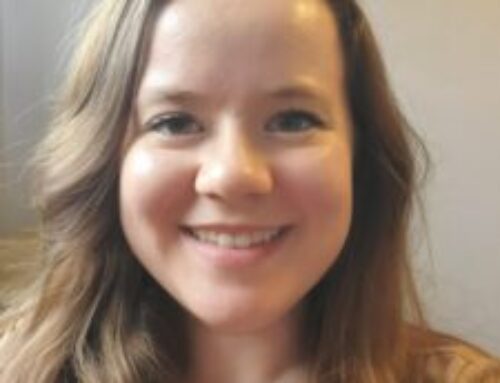If you follow Cassie + Friends to some degree of closeness, you are probably familiar with our much-used phrase “Juvenile Arthrtis and other rheumatic diseases.” Why say this long-fangled phrase when the majority of people that Cassie + Friends supports have Juvenile Arthrtis? When 10,000 of the 24,000 children in youth with rheumatic disease are JIA patients, wouldn’t it be easier just to focus on them? These looming thoughts/questions are precisely why Cassie + Friends formed the Canadian Systemic Autoinflammatory Patient Advisory Group (Can-SAID).
Can-SAID brings together autoinflammatory patients and parents to discuss and design how Cassie + Friends can provide more extensive support to autoinflammatory patients and families and ensure they are being served in Cassie + Friends’ mission. They have also recently helped serve as patient partners on an application for the Chan Zuckerburg Rare As One grant, which, if successful, would help provide an opportunity for some deeper patient lead autoinflammatory research.
The rarer a disease, the harder patients and families often have to fight for awareness, research and funding. Cassie + Friends aims to start changing that with the help of this advisory committee. A few autoinflammatory diseases include Familial Mediterranean Fever (FMF), Tumor Necrosis Factor Receptor-Associated Periodic Syndrome (TRAPS), and Behçet’s disease. There are, however, hundreds of identified autoinflammatory diseases.
Autoinflammatory diseases vary in symptoms, but some include:
- Fever
- Inflammation of joints or internal organs.
- Chest pain
- Vision or hearing loss
- Bone deformities
- Rashes
Autoinflammatory diseases are amongst the rarest forms of rheumatic diseases.
Why should we band together as one big rheumatic disease community?
The main reason is that we are stronger together!
- Many rheumatic diseases share symptoms and medications. Children and youth with any type of rheumatic disease will, therefore, have some similar experiences and be able to relate to each other in ways children without a rheumatic disease are not.
- We all share the same clinic and doctor. Rheumatologists see patients experiencing all forms of rheumatic disease. Getting to know your waiting room neighbour will only strengthen our own feelings of connection.










Leave A Comment